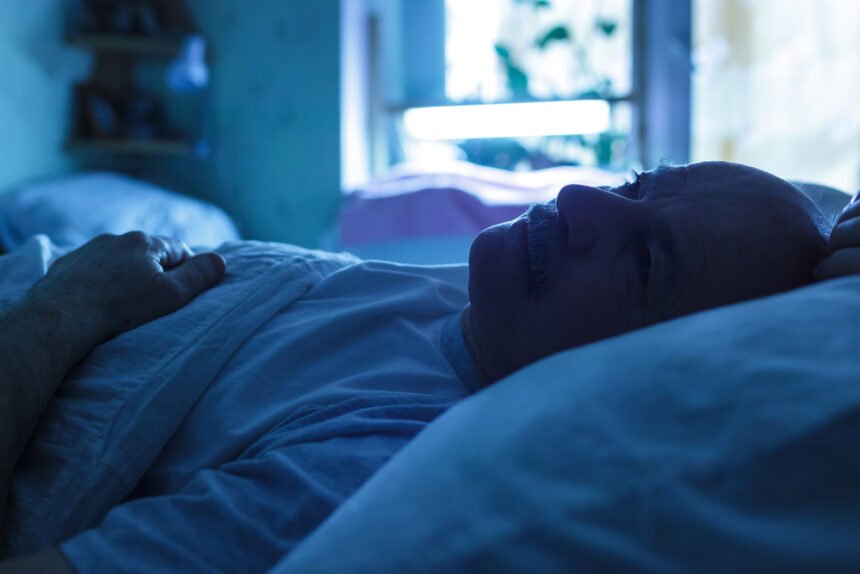Do you have difficulty falling asleep or staying asleep every night? You aren’t alone. According to multiple studies, including one conducted by Dr. Thomas Roth of the Sleep Disorders and Research Center, 30% of Americans suffer from some form of insomnia. There are many different causes of insomnia, but chronic stress appears to be one of the most frequent.
Difficulties caused by stress-related insomnia
Stress releases the hormone cortisol, which heightens our sense of alertness. The American Sleep Foundation states that hyperarousal caused by high levels of stress disrupts our ability to fall asleep. The good news is that stress induced insomnia can be alleviated by addressing the underlying factors causing the stress to begin with. Of course, this is often much easier said than done. A lot of stress is caused by factors outside of our control, such as our own health problems, concerns about a loved one, tax audits and political instability. Stress can also be caused by problems that require us to choose between two equally undesirable outcomes. For example, if you are having problems with an abusive boss at work, your only option may be to quit your job. The financial and social problems caused by unemployment would probably be even worse in those caused by your boss, so the best option in the short-term amici to keep a miserable job. Over time, you can find ways to overcome the problems that cause stress induced insomnia. However, in the short term, you may need to find other ways to manage your stress to get a better night’s sleep. Getting your sleep under control is important, because insomnia can make it more difficult to function and process your emotions. It can also make the problem causing your insomnia worse, such as hindering your performance at work, which will further strain your relationship with your abusive boss.
Coping with stress-related insomnia
Fortunately, there are a number of ways that you can alleviate these problems. Here are some tips to sleep better while dealing with stress. Maintain an active social life A 2011 study published in the journal Sleep found that there is a strong link between loneliness and insomnia. The problem is even common with married couples. “There can be people with lots of social connections that feel terribly alone, and conversely there are people with relatively small social networks who do just fine,” said Professor Lianne Kurinaof the University of Chicago. “Different people have different needs in terms of relationships — and it’s the space between what you want and what you have that can turn into loneliness.” If you aren’t getting enough out of your social relationships, you should try to change that to get more meaning. This could significantly improve your sleep. Seek counseling Dealing with high levels of stress on your own will be difficult. You should consider getting mental health counseling from a professional. Find ways to relax The stress of work and other everyday problems can take their toll. It is important to find ways to relax, such as visiting places like K West Hotel & Spa. Look at ways to save money Financial problems are one of the biggest causes of stress in many people’s lives. If your finances are weighing on you, you should look for ways to save money. After you take a look at your budget, you may find a number of areas where you are overspending. Shifting to a more frugal lifestyle can make a huge difference in your stress levels, which may also help you sleep better. Get more exercise Working out is a great way to alleviate stress. People that have very sedentary jobs should look for ways to be more active throughout the day. It is also a good idea to work out at least 20 minutes every day. Studies have shown that the benefits of 20-30 minutes of exercise are as effective as taking an anti-anxiety pill, without all of the side effects.

